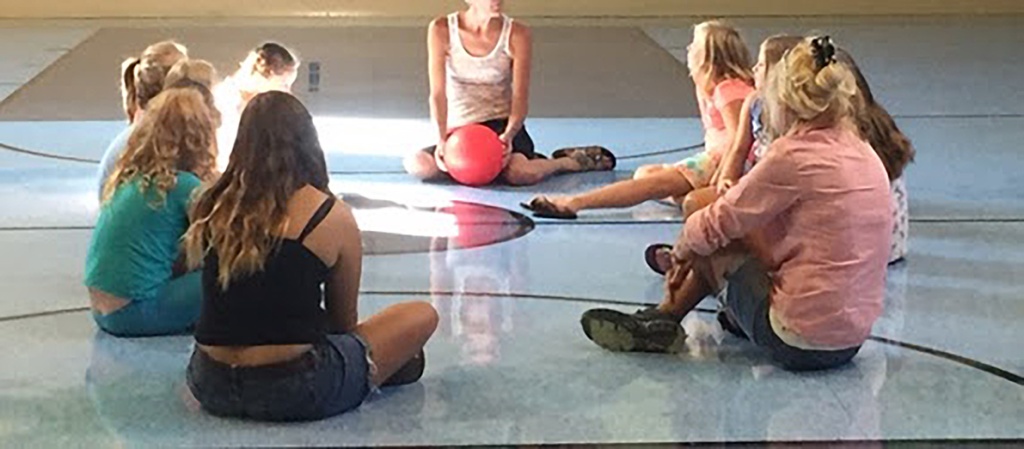
Throughout life there are many lessons that we learn through our
experiences – touching a wood stove results in a burn, traveling a back
road in Vermont during April involves the potential for getting stuck,
not dressing appropriately in winter causes us to be cold. In each of
these experiences the need to reflect is not necessary- the connection
is almost instantaneous. Academic learning is rarely this obvious.
It’s not always clear to a 3rd grader why they scored a 1 on their math test, or to the 6th
grader why he/she is sent out of the classroom for disciplinary
reasons. In most cases students equate an “F” to failure and failure to
something is inherently bad. They don’t understand that failure is a
necessary part of the learning process. Indeed, the best science is all
about the process of experimentation, learning from repeated failure,
and hopefully eventual growth and success. As we know, learning only
occurs when students have the opportunity to explore the how, what, and
why of those experiences, of those supposed failures.
“We don’t learn from experience. We learn from the reflecting on experience.”
John Dewey
In order to provide students the opportunity to reflect on their
successes and failures, we have commenced the process of creating
student e-portfolios. Our After School Program (ASP) portfolio design is
meant to serve the whole child. ASP students are dancers, athletes,
artists, and community volunteers; we believe it is time to validate the
time, energy, and skills students gain outside the classroom. Each
student portfolio not only encourages goal setting and reflection in
ASP, but also within the activities about which they are most
passionate. Evidence and artifacts collected from the real world require
the same skill sets that classroom teachers are working to inculcate in
students on a daily basis. We are excited to collaborate with school
faculty and to help bridge the gap to a genuine student-driven, multiple
pathways education at TRSU.

Portfolios ask students to reflect upon the accomplishments that
occur both in and outside of school time. This requires involving
parents, grandparents, and community members. Research clearly supports
the value of involving parents and other extended family and community
members in the education of children, and we welcome your participation.
Here are a few examples of ways in which you can support our students:
- Help children collect evidence through video or photography
- Upload artifacts and reflections at home (it can all be done from your cell phone!)
- Ask your child about their portfolio and visit the site often to celebrate their learning
- Support
the process of reflection by asking open ended questions about an
activity about which they feel passionate: “How did you feel right
before going on stage?” “What are some of your strategies for being a
better hitter?” “What is it about painting that you enjoy the most?”
- If you have evidence of a child’s success, share it with that child or family
Portfolios are simply a tool to allow students the opportunity to set
goals, reflect, capture evidence, and highlight their learning over
time. Remember, these portfolios are as unique and individual as each
child we serve. Students drive this bus—and they have access to their
portfolio 24/7! They are the web-designer, the student and the teacher
as we work through this process.
“Learning is a process where knowledge is presented to us, then shaped through understanding, discussion and reflection.”
Paulo Freire
Venissa White
After School Program Coordinator